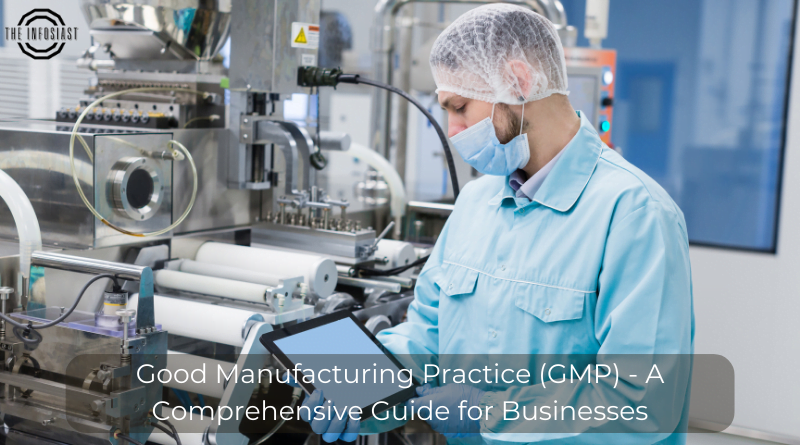
In the competitive business landscape, maintaining high-quality production standards is vital for success and customer trust. Good Manufacturing Practice (GMP) provides businesses with a framework to achieve precisely that. GMP encompasses a set of guidelines and principles that ensure the consistent production of safe and top-notch products. In this article, we will explore the key aspects of GMP and its significance across various industries.
Demystifying Good Manufacturing Practice (GMP)
GMP is a system that regulates the manufacturing of products to guarantee quality, safety, and efficacy. Its principles are designed to be flexible, allowing businesses to adapt them to their unique production processes while ensuring compliance with industry standards.
Essential Components of GMP
Standard Operating Procedures (SOPs): SOPs are the cornerstone of GMP. These documents outline step-by-step instructions for various tasks, ensuring uniformity in production and reducing the likelihood of errors.
Risk Management: GMP involves a thorough risk assessment of the production process. Identifying potential risks enables businesses to implement measures to mitigate them effectively.
Validation and Qualification: Validating and qualifying equipment and processes is crucial in GMP. This involves demonstrating that the equipment used in production consistently produces the desired output within predetermined specifications.
Hygiene and Sanitation: GMP lays great emphasis on cleanliness and sanitation in manufacturing facilities. This prevents contamination and ensures the production of safe products.
GMP in the Pharmaceutical Industry
In the pharmaceutical industry, GMP is a critical component of drug development and manufacturing. Regulatory authorities closely scrutinize pharmaceutical companies to ensure they adhere to GMP guidelines. Compliance with GMP is essential for obtaining necessary approvals and licenses to bring medications to market. This process protects consumers from harmful or ineffective drugs, instilling confidence in the pharmaceutical industry.
GMP in the Cosmetics Industry
GMP is equally relevant in the cosmetics industry, where it ensures the safety and quality of beauty and personal care products. By following GMP principles, cosmetic manufacturers can confidently market their products, knowing they have been produced to the highest standards. Consumers can then choose products with peace of mind, knowing that they are free from harmful substances and allergens.
GMP in the Dietary Supplement Industry
The dietary supplement industry also benefits greatly from GMP compliance. As these products often contain vitamins, minerals, and herbal extracts, it is crucial to ensure accurate labeling and consistent product quality. GMP helps manufacturers maintain quality control and minimize the risk of contaminants or inaccuracies in the ingredients used.
Good Manufacturing Practice (GMP) is a comprehensive approach that enables businesses to produce high-quality products while meeting industry regulations. By embracing GMP, companies can enhance their reputation, build consumer trust, and remain competitive in their respective markets. The implementation of GMP principles, including SOPs, risk management, validation, and hygiene, is paramount in industries like pharmaceuticals, cosmetics, and dietary supplements. As businesses continue to prioritize safety and excellence, GMP will undoubtedly remain a driving force behind their success.



